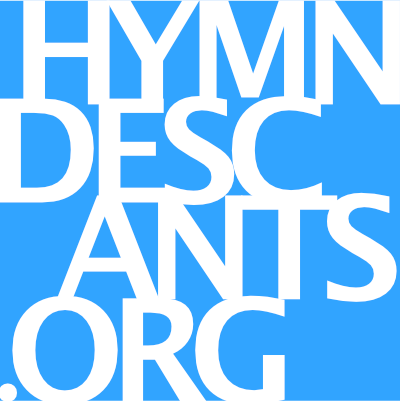1 hymnal
Praise to the Lord, the Almighty, the King of creation;
O my soul, praise him, for he is thy
health and salvation: join the great throng, psaltery,
organ, and song, sounding in glad adoration.
3. satb study
Praise to the Lord, who doth prosper thy way and defend
thee; surely his goodness and mercy shall
ever attend thee; ponder anew what the Almighty
can do, who with his love doth befriend thee
4 descant
Praise to the Lord! O let all that is in me adore
him! All that hath life and breath come now with
praises before him! Let the amen sound from his
people again; gladly forever adore him
LOBE DEN HERREN is based on Joachim Neander's 1679 chorale Lobe den Herren, den mächtigen König der Ehren. One of the great chorale writers of his time, this enduring example is considered by some to be his best, even one of the best. Typical of the period, Psalm-inflected German hymnody was often a statement of wonder in the natural world as indicative of God's living presence. But we have precious few of these works: Neander died of tuberculosis at age 30 just one year after publication of Lobe den Herren. Johann Sebastian Bach was just five when this work appeared, but he would later include it in one of his own Cantatas (BWV 137, 1725; cf. 13:37 of this youtube video.).
The tune, widely believed to have originated as a folk tune, is officially attributed to the prolific author, Anonymous, and appeared in the Straslund Gesangbuch (1665), a few years prior to the text with which it is now associated. A search on the term 'straslund gesangbuch' will yield many links to LOBE DEN HERREN, demonstrating its significance.
Updated: Februry 2023
References
- Praise to the Lord, the Almighty, Benjamin A. Kolodziej, Church Music Institute
- Praise to the Lord, the Almighty Wikipedia
Descant with organ harmonization. You can also download the instrumental passages.
Descant verse (Hymnal 1982) –
Praise to the Lord! O let all that is in me adore him!
All that have life and breath, come now and worship before him.
Let the Amen sound from his people again,
Gladly forever adore him.
–Joachim Neander (1650-1680), tr. Hymnal 1940

